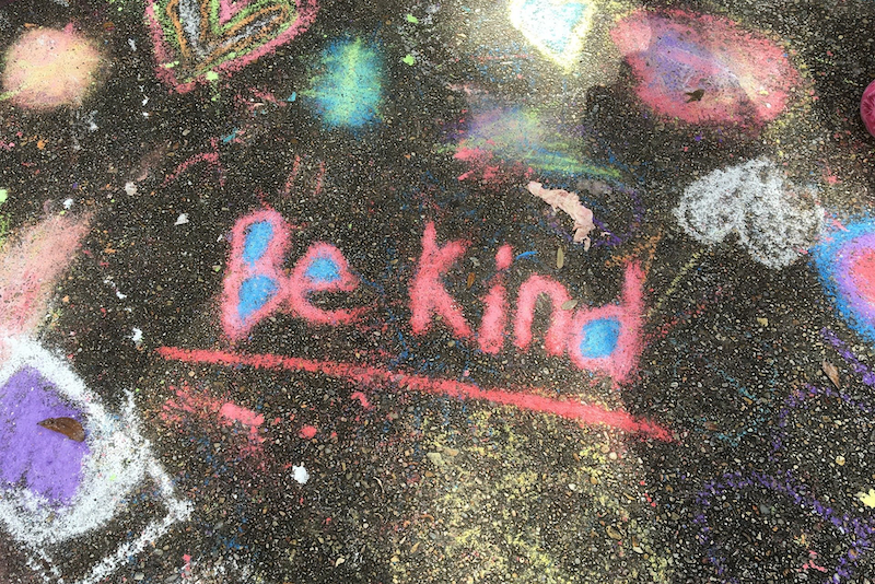Warming Up and Warming Down: Self-compassion in Times of Threat
18 May, 2020

As therapists during this global pandemic, we are frequently working with clients who are experiencing distress arising directly from this – fear, loss, financial problems and general life restrictions under lockdown. And of course for many, this sits on top or alongside the pain that brought clients to therapy in the first place. Our skills and training in how to support others through mental distress have never been needed more.
But what about ourselves? How can we – as therapists – turn up for ourselves during these difficult times? Are we able to treat ourselves, as we try to help and support our clients?
One interesting idea within Compassion Focused Therapy relates to the three flows of compassion:
- compassion for others
- compassion from others (being open to and receiving)
- self-compassion
Whilst our training and day-to-day working lives focus on the first of these flows, rarely have we been trained in how we can be open to other peoples’ compassion, or how to be compassionate to ourselves. In fact, many therapists that I supervise and teach find it very difficult to do this, and recognise a version of the old maxim ‘do what I say, not what I do’.
Warming up and warming down
One idea that I’ve discussing for quite some time – and that feels very relevant to the circumstances that we find ourselves in this year – starts with a sporting comparison. Imagine, for a moment, Serena Williams on the morning of the Wimbledon final. She’s at her hotel, and realises she’s only got 30 minutes to make it to the court. She’s driven across to the venue, runs straight on to the court and, because she’s late, goes straight in to the full throttle of the match. Clearly, this scenario is ridiculous – we don’t need to be one of the best tennis players in history to know that sports women and men take time to warm up before engaging in activity. They prepare their bodies (and minds) before the challenging event.
But let’s flip the example. How often do we, as therapists, ‘warm up’ before our ‘event’? How often do we prepare our bodies and minds for working with the extreme distress, pain and trauma in our clients’ lives?
The importance of self-compassion
This is where self-compassion – and many of the great ideas and practices in CFT – can play such an important role. Therapists can benefit hugely from taking some time – maybe just 5-10 minutes – at the start of the working day, to ‘warm up’. This might involve engaging in various practices, like soothing breathing or compassionate imagery, that have been found to regulate and calm psychological and physiological threat reactions, and facilitate decision making and empathic processes.
But we can also go back to Serena and extend this example. Whether she wins or loses, she’ll also spend time after the Wimbledon final warming down. Again, how many of us as therapists, regardless of the type of day treating clients that we’ve had, take time to engage in self-compassionate practices? These practices can help us to connect with ourselves, our feelings and distress, and set an intention for what is helpful for the remainder of the day. How many of us purposely take care of ourselves – and our distress – by warming down in this way?
Before and after a long day of treating clients, engaging in a short self-compassion practice might be a wise and caring thing therapists can do for ourselves – especially at this time.
Chris Irons is the author of The Compassionate Mind Workbook. You can now sign up for his upcoming compassion app at www.compassionatemind.app






